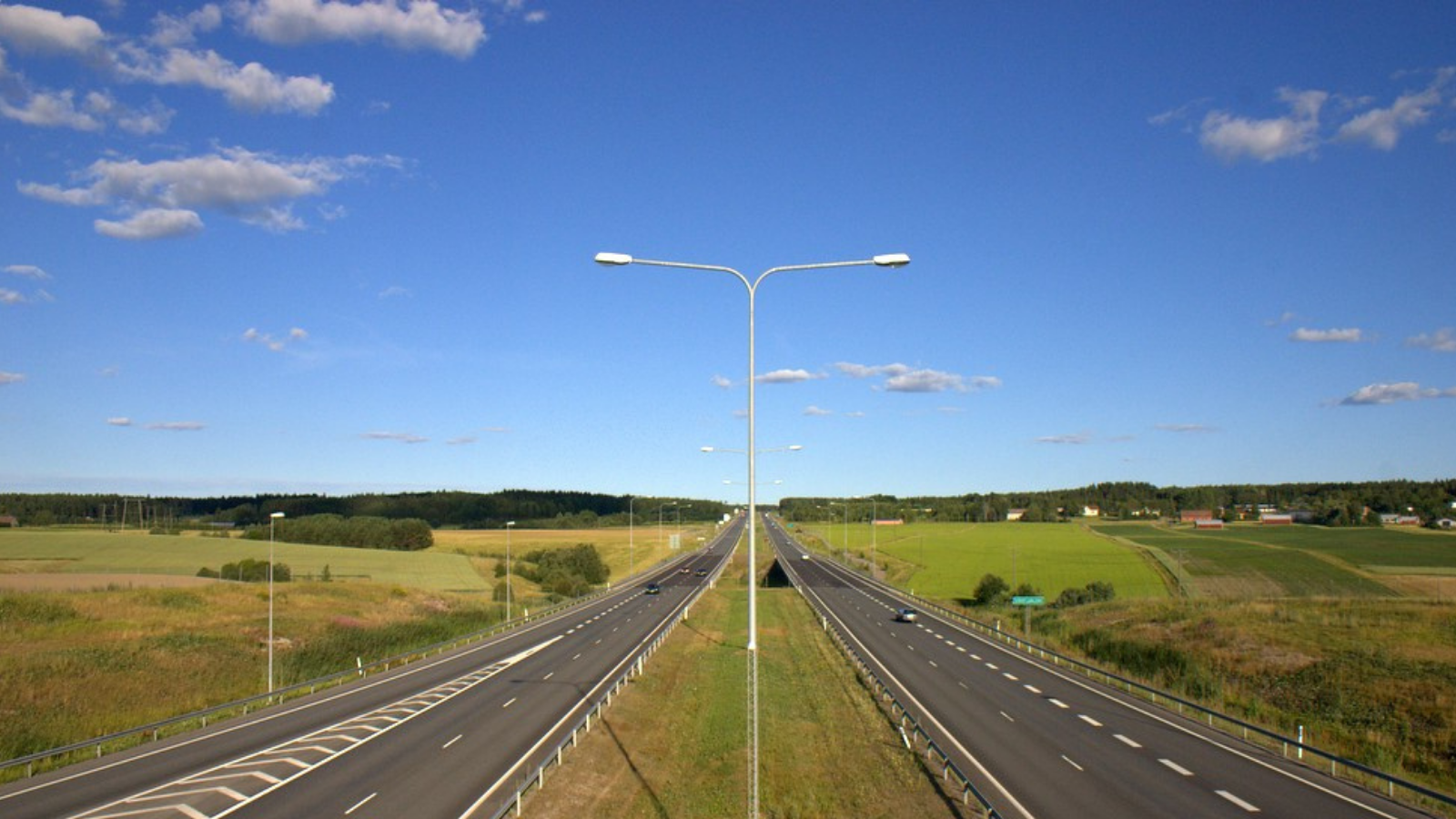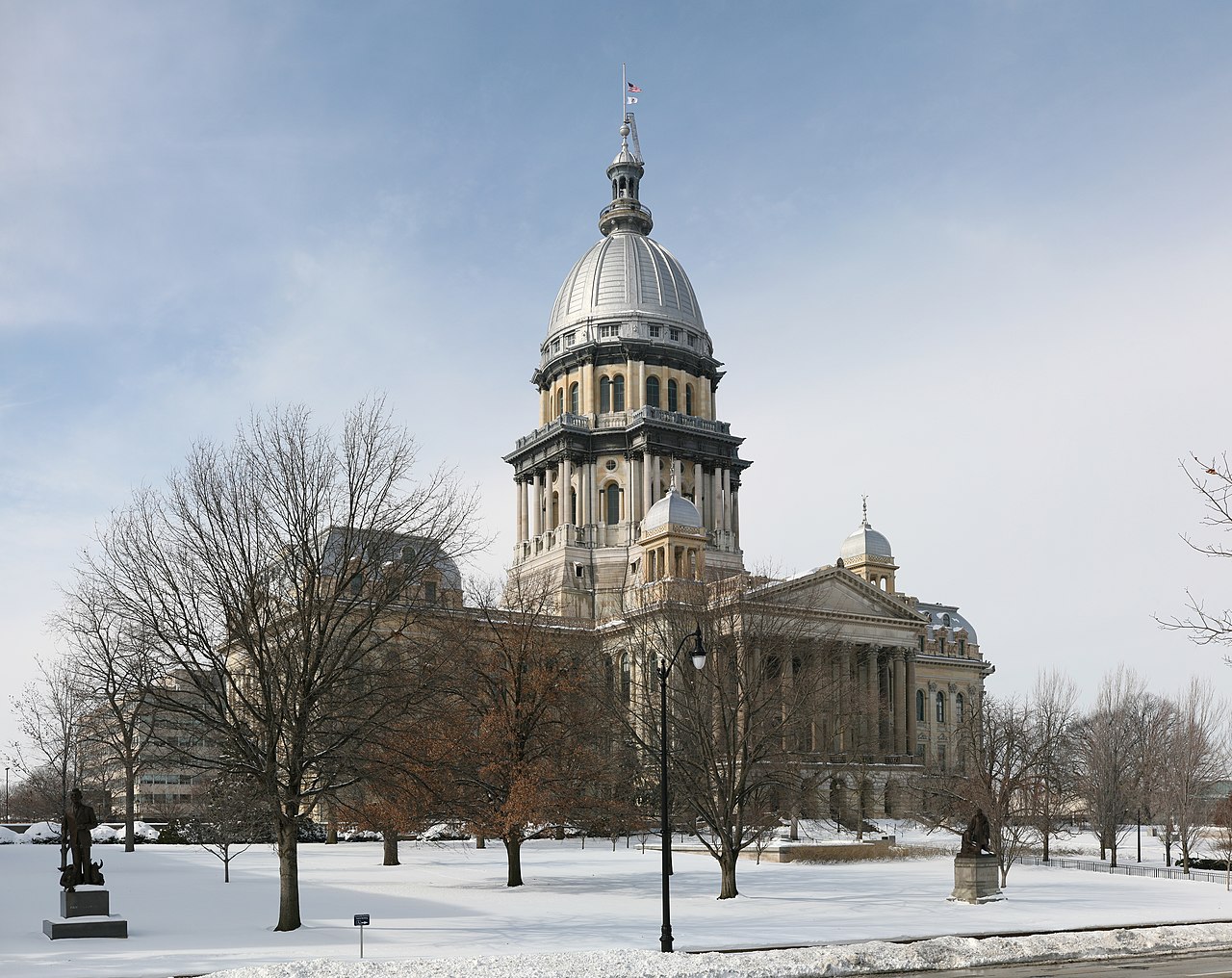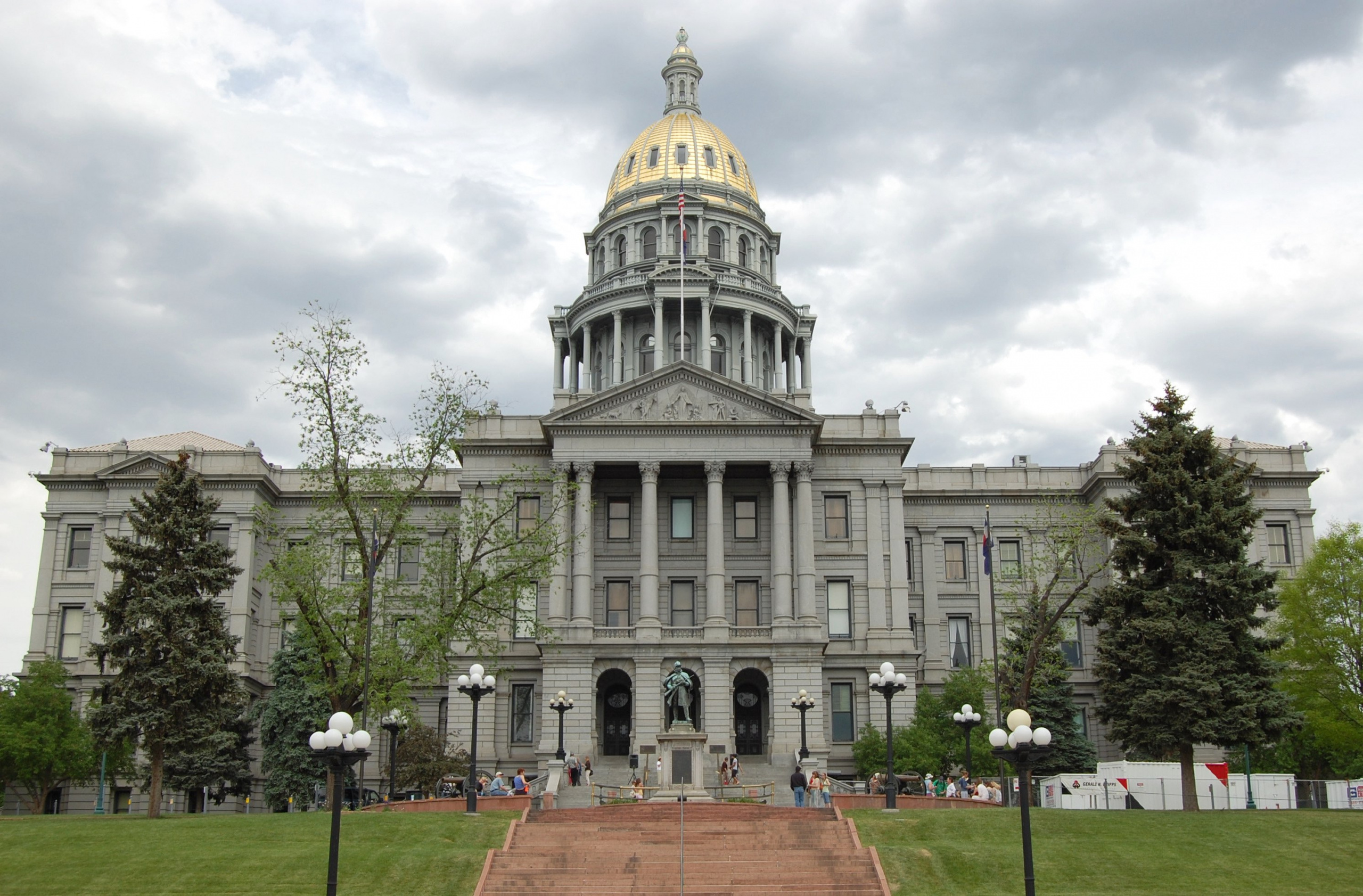Why the Northeast needs to raise the price of transportation pollution
The Transportation and Climate Initiative is an opportunity to tackle transportation emissions in the Northeast and Mid-Atlantic.

In the world of clean, zero-carbon transportation, there are a lot of nay-sayers. People who say “too soon”, “the technology isn’t ready” or “too expensive.” My personal favorite, however, is: “This is a tax.”
Truthfully, the nay-sayers are simply unaware of reality: clean transportation is not some distant utopian vision; it’s already happening whether they want to believe it or not. Advances in technology, like vehicle-to-grid and zero-emission batteries, are helping electric vehicles hit the streets faster than ever before. Corporations and governments alike are making large-scale investments in fossil fuel-free forms of energy to power our cars, trucks and even cities. And while clean transportation may be expensive at first, it eventually pays for itself and then some.
However, we still don’t have as much clean transportation as we would like. The transportation sector remains the largest contributor of greenhouse gas emissions in the nation. Greenhouse gas emissions from transportation primarily come from burning fossil fuels for our cars, trucks, ships, trains and planes. Over 90 percent of the fuel used for transportation, primarily gasoline and diesel, is based on petroleum.
Pollution from our cars and trucks sicken thousands of Americans every year. Exhaust from diesel and gasoline-powered cars and trucks contains toxic chemicals, like nitrous oxide and formaldehyde, which are linked to diseases such as asthma, bronchitis and even cancer. Vehicle pollution kills an estimated 58,000 Americans each year, and more than 2 million Americans visit the hospital every year due to vehicle-related injuries.
Transportation pollution is an immense problem. To solve this problem, we’re going to need a broad suite of solutions. The Transportation and Climate Initiative Program (TCI) is one solution that aims to tackle fossil fuel emissions in the Northeastern United States. TCI will put a price on vehicle pollution and raise revenue that can be invested in electric vehicle charging stations, public transit and safer streets for pedestrians and bicyclists. Massachusetts, Connecticut, Rhode Island and the District of Columbia have already signed on to TCI. Moreover, other states in the region have shown support for TCI.
We need to commit to a zero-carbon future by putting a price on transportation emissions and increasing the cost of fossil fuels. In addition to clean air and fewer carbon emissions in our atmosphere, funding from TCI will bring much-needed improvements to the way we get around. People across the region will see electric vehicles fall within their price range through EV rebates. More battery-powered buses will transport people — even in rural areas — reducing the overall need for cars and further reducing localized pollution. Through investment in protected bike lanes and sidewalks, our cities will become safer for bikers and pedestrians.
TCI is a multi-layered solution to a complex problem. We need to make sure that our governors and state legislators hear our support: Otherwise, they may only hear from the nay-sayers.
Topics
Authors
Ethan Evans
Find Out More

Our 2024 priorities in the states

A threat to federal climate investment: Highway boondoggles

America needs a “roads review”

